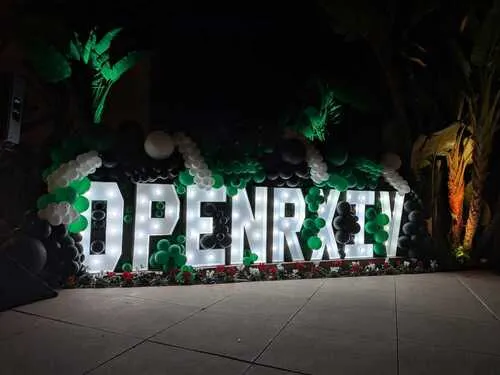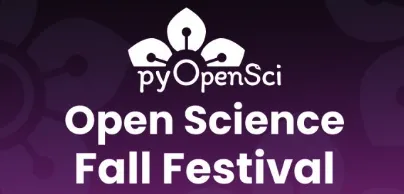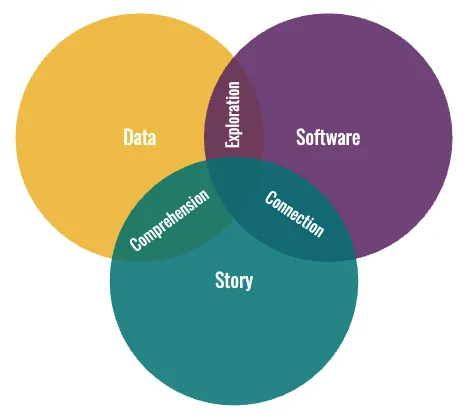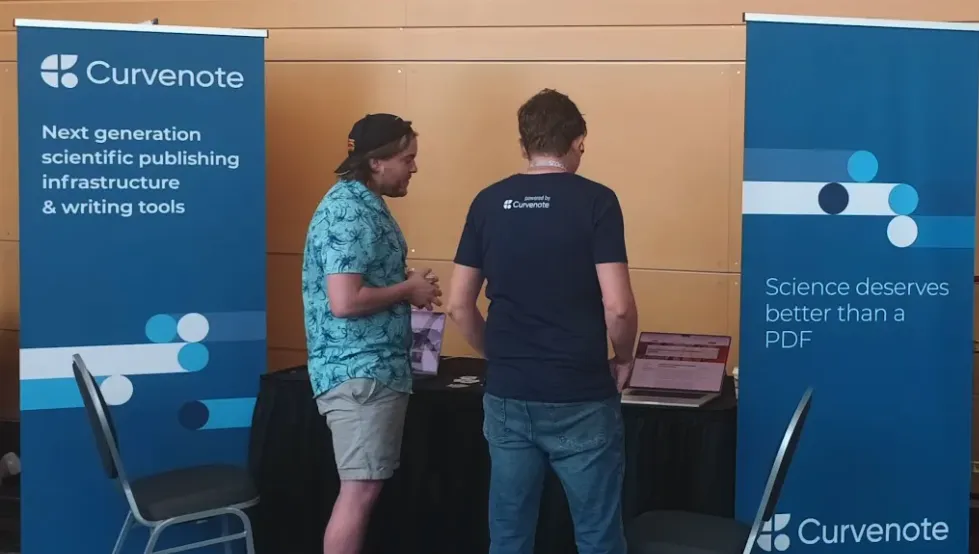Metadata and Reproducibility
Tactics to improve informal research communication
Curvenote participated in a BoF session on building enhanced FAIR Workflows through use of PIDs within and between interoperable research tools.
Abstract - RDA Website¶
The lack of interoperability between tools presents a significant barrier to streamlining workflows throughout the research lifecycle. These gaps prevent the comprehensive collection and incorporation of research data and metadata into the research record captured during the active research phase. Furthermore, it limits the scope for passing this data and metadata on to data repositories, thus undermining FAIR data principles and reproducibility.
"This session will explore several use cases of how tools are utilizing the passage of PIDs between systems as a means to build streamlined, FAIR workflows. Moving from theory to implementation involves many moving parts. The panel session explores issues, highlights existing integrations, and points to possible ways forward.
Curvenote Presentation¶
As a part of this presentation we improved our support in Curvenote for RRIDs & RORs, which we will share more about soon! 🚀
Figure 1:Using RRIDs in Curvenote.





